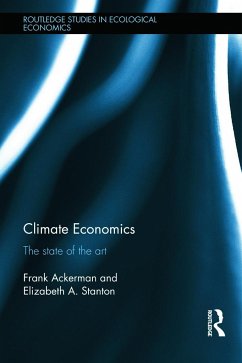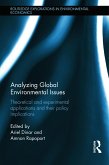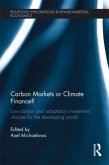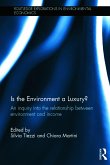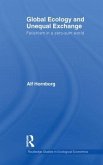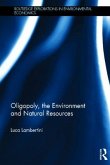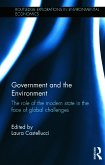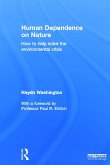This book reviews the state of the art in climate economics, and in the science on which it rests. It covers the estimation of climate damages, an area where economic models lag far behind current empirical research. Recent work on uncertainty and catastrophic risk has challenged past approaches to climate policy, offering new decision rules for extreme uncertainty, and alternative weightings of worst-case scenarios. Longstanding debates on discount rates and intergenerational obligations have been transformed by perspectives from finance, ethics, and other fields. The applied policy debate rests on surprisingly subtle assumptions about mitigation costs and technologies, and on the largely unexplored economics of adaptation.

